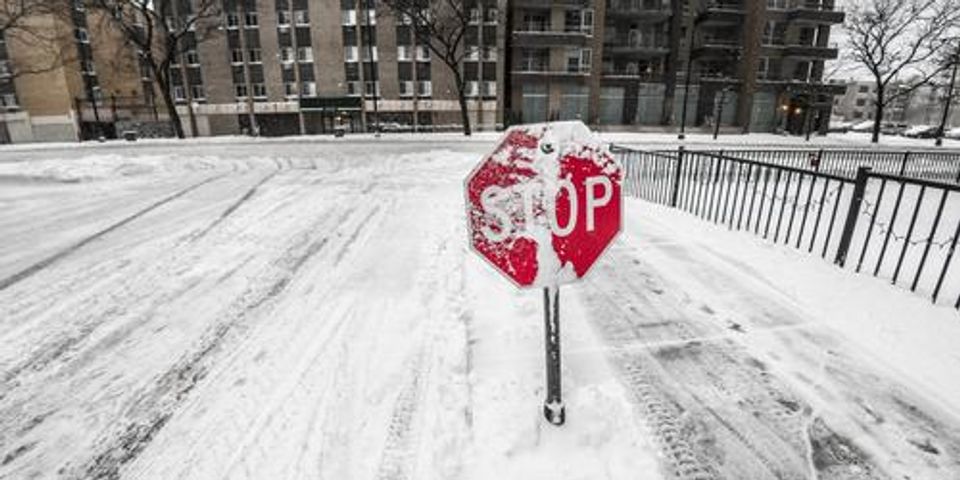Car Show Explains How Road Salt Affects Classic Cars2

For classic car collectors, preserving a vintage vehicle is of the utmost importance. Exposure to moisture, rust, and other elements that could lead to premature deterioration should be avoided at all costs. However, many drivers are unaware that road salt is a valid threat to classic cars. Charlotte AutoFair—an esteemed car show in North Carolina—explains below how salted roads can damage your prized vehicle.
How Road Salt Hurts Classic Cars
Why Do Cities & Towns Salt Roads?
 In the winter, much of the Northeastern U.S. uses salt to combat ice and snow on the roads. Salt not only helps melt ice and snow, but it also discourages water and slush from refreezing overnight. In short, municipalities use salt to keep roads safer.
In the winter, much of the Northeastern U.S. uses salt to combat ice and snow on the roads. Salt not only helps melt ice and snow, but it also discourages water and slush from refreezing overnight. In short, municipalities use salt to keep roads safer.
Can Salt Affect My Classic Car?
The salt most frequently used on roads is sodium chloride. Sodium chloride infuses water with free-floating ions. While this lowers the freezing point of water, it also makes water more corrosive to vehicles. The salt-filled water splashing over cars during the winter accelerates the corrosion process. This has a dramatic effect on classic cars, as they are often more fragile to begin with.
How Can I Avoid Salt Damage to My Classic Car?
Don’t drive your vintage car during the winter. Keeping your antique ride in the garage from December to March is the best way to protect it from wet, icy roads saturated with corrosive salt. Otherwise, keep an eye on the weather and investigate when and how much your local municipality salts major roads.
When the weather is right, Charlotte AutoFair is one of the country's most popular destinations for classic car collectors and enthusiasts to gaze at rare collector cars. Car show aficionados flock to the grounds twice a year, enjoying the enormous gathering of antique vehicles. Visit the car show's website to learn more about this wildly popular event, or call directly at (704) 841-1990.
About the Business
Have a question? Ask the experts!
Send your question

